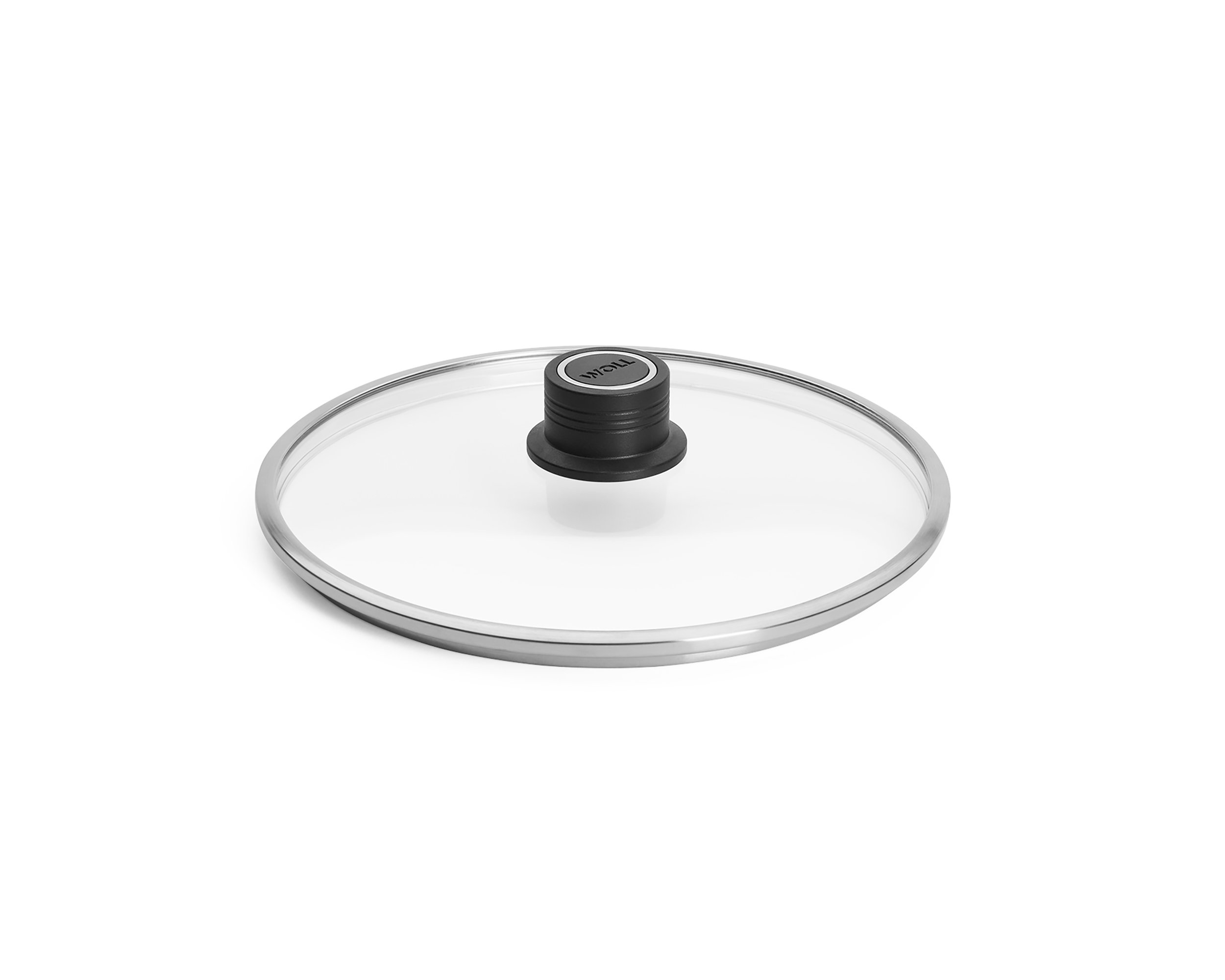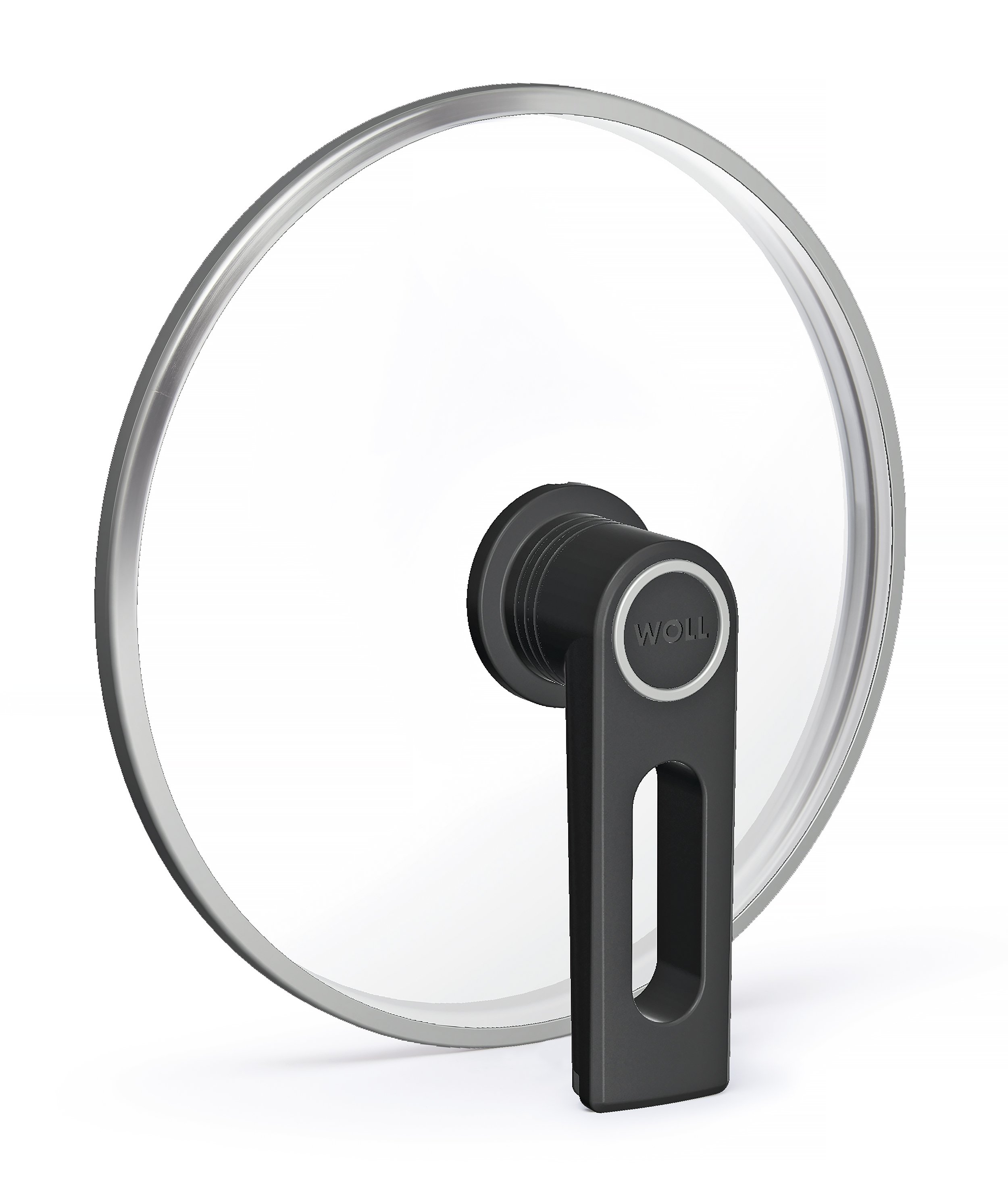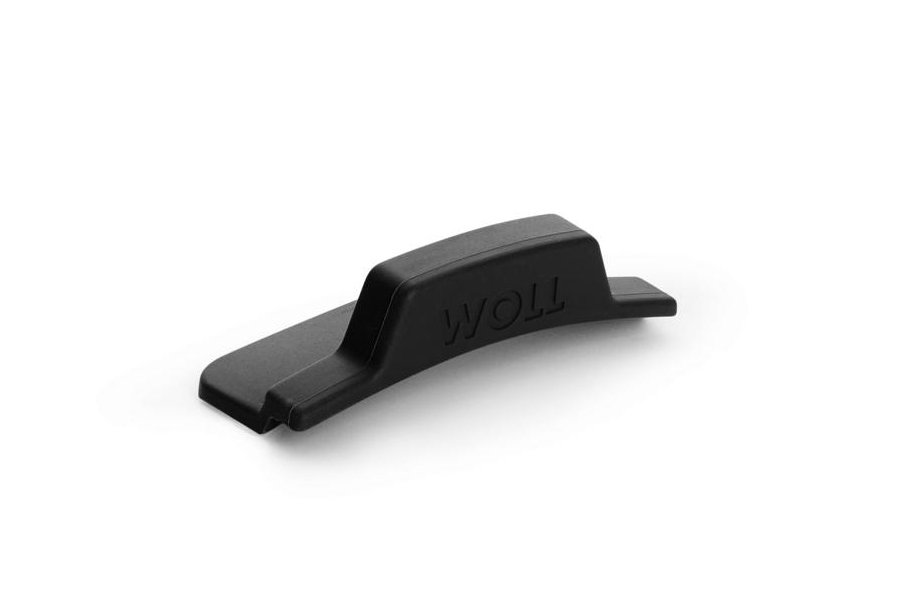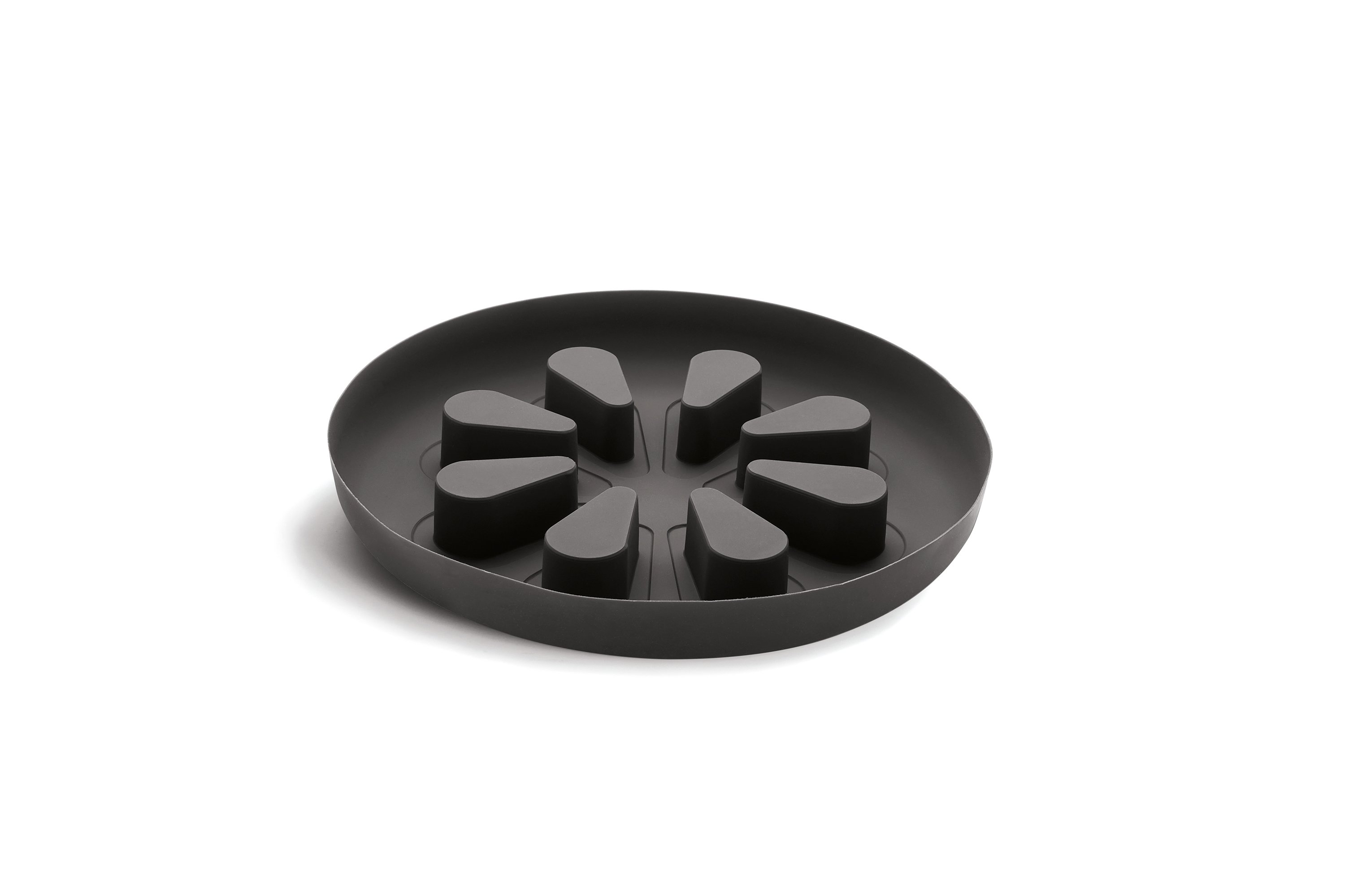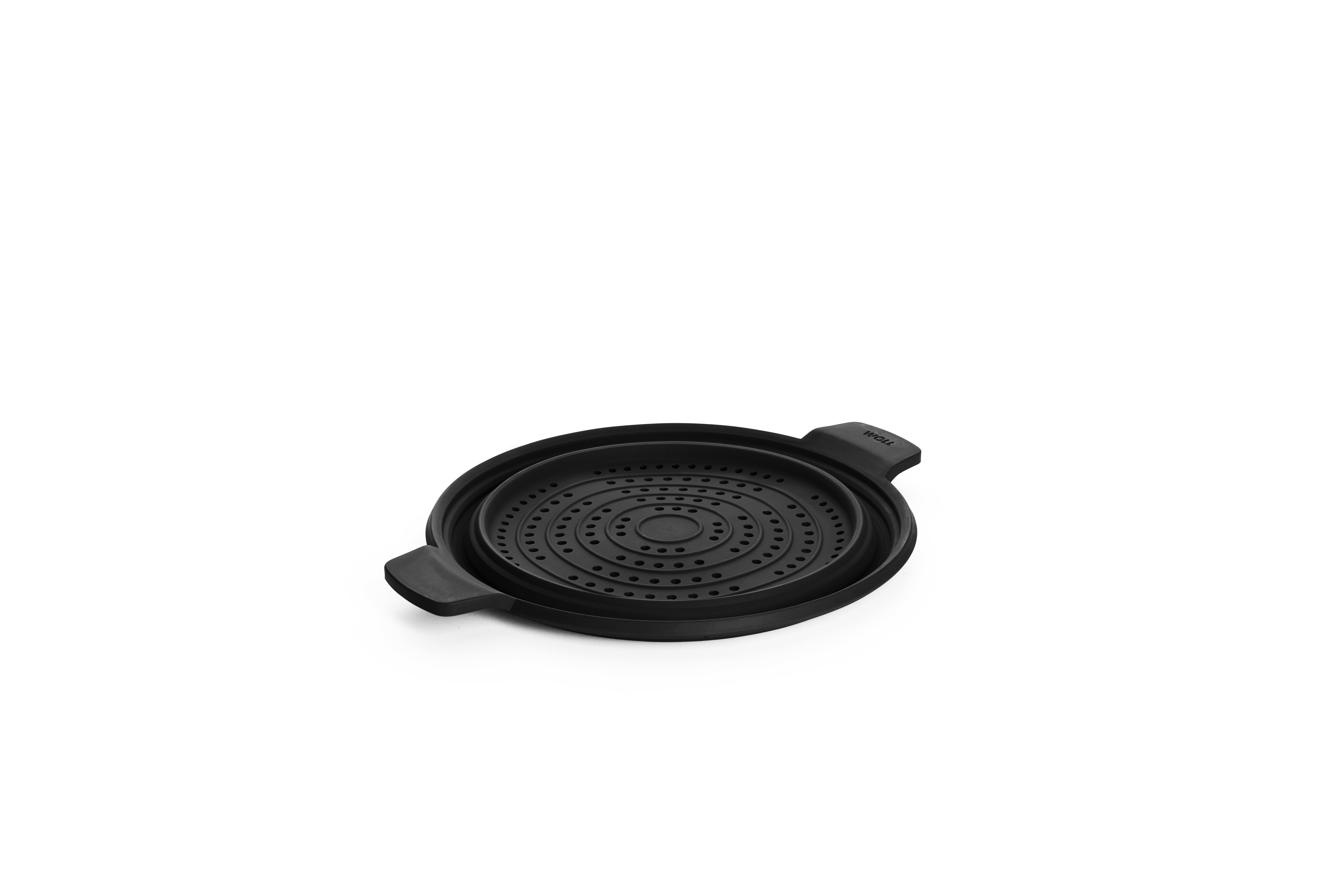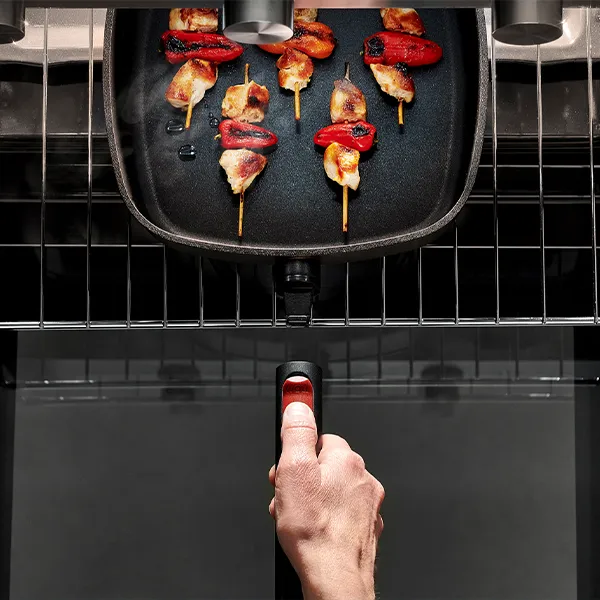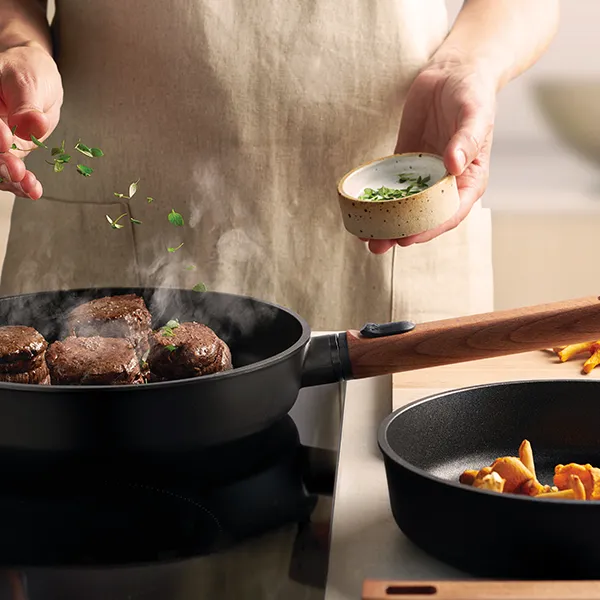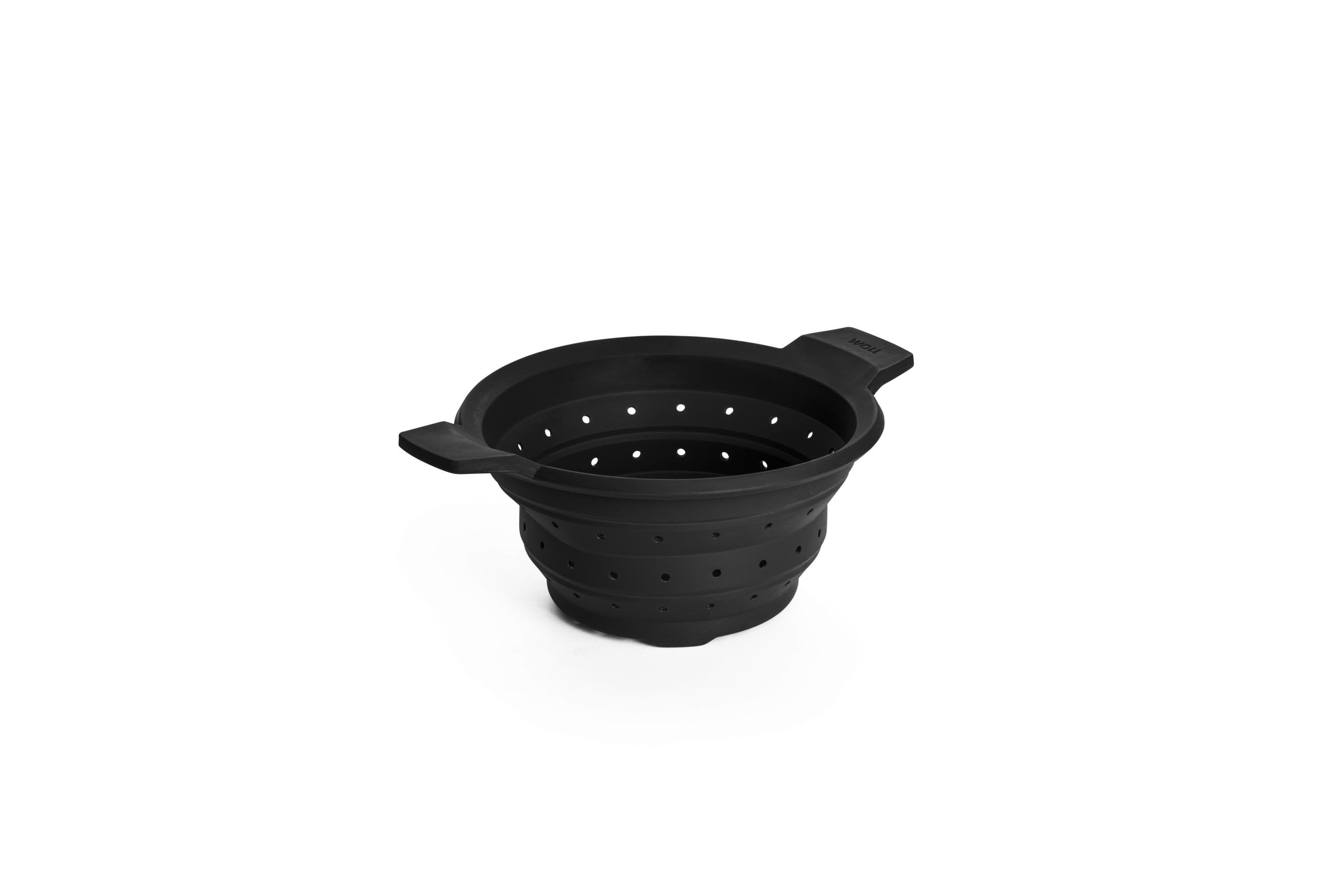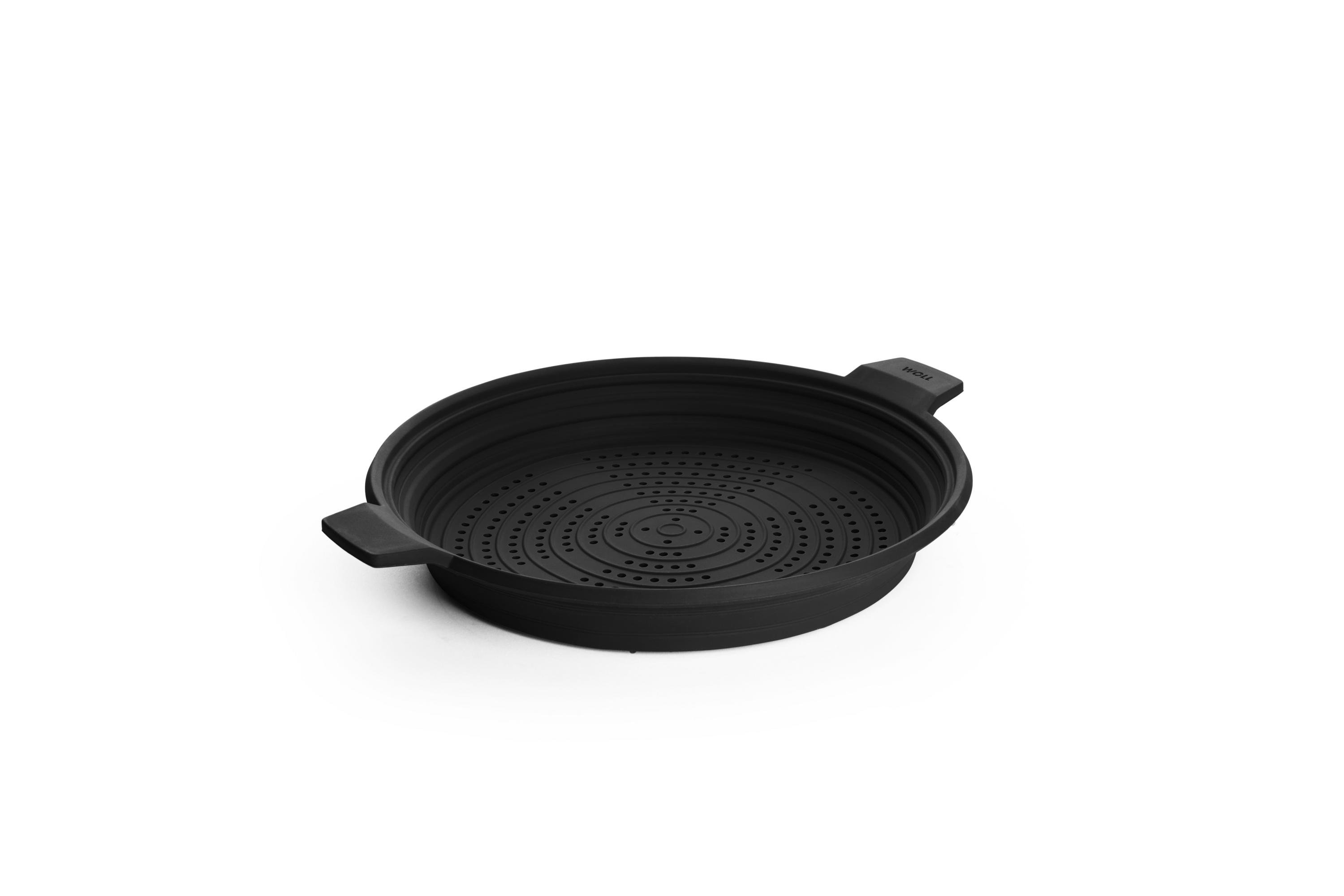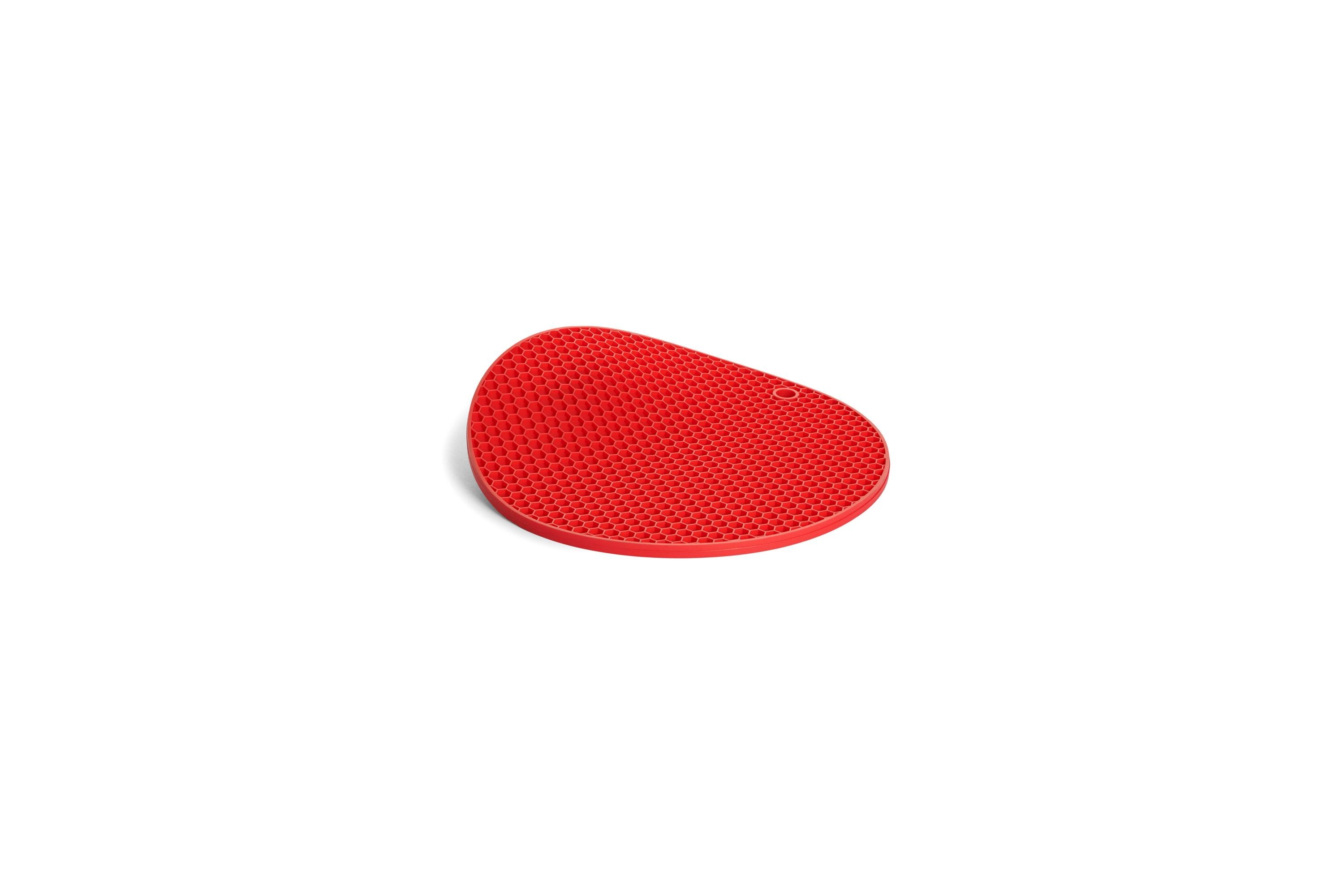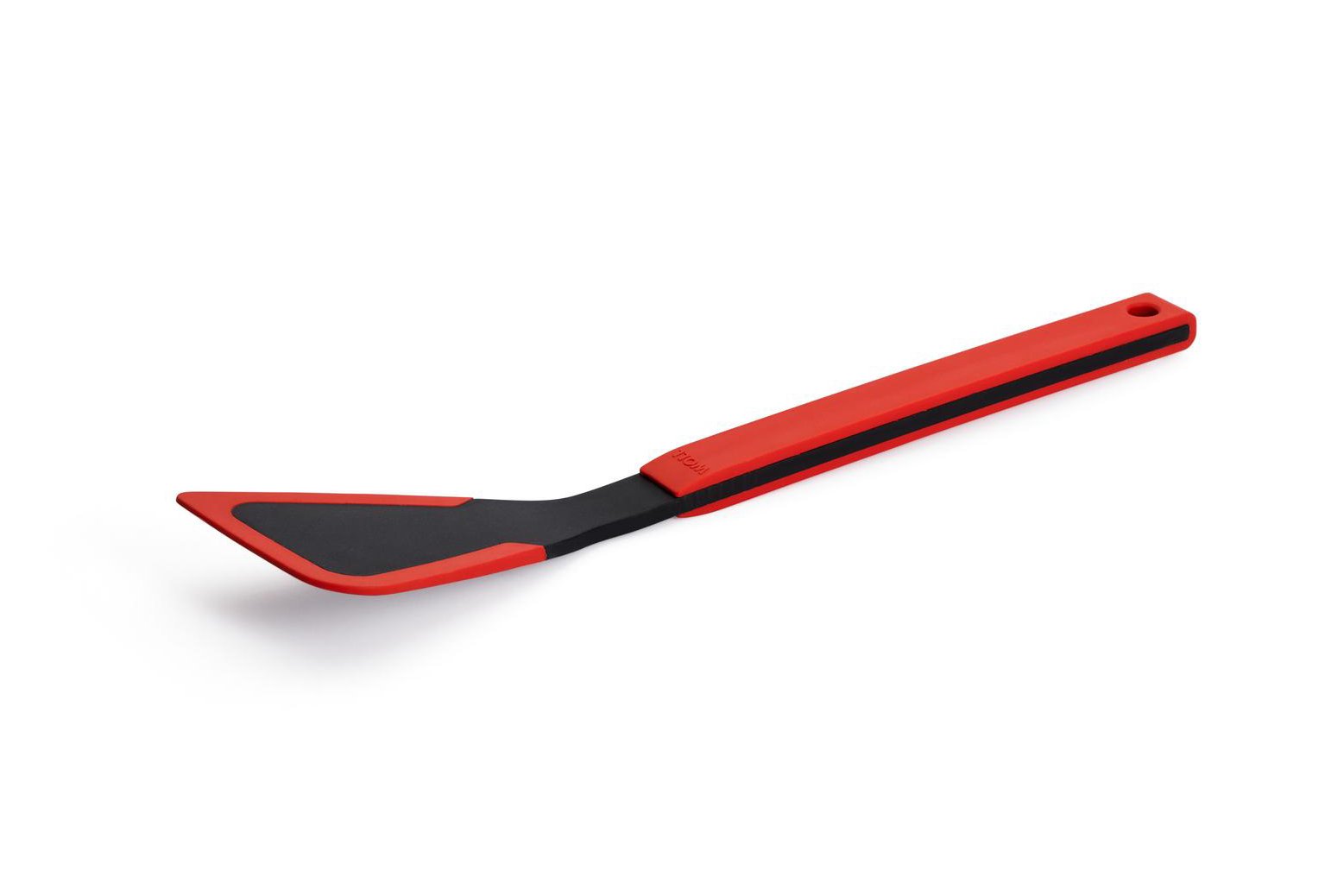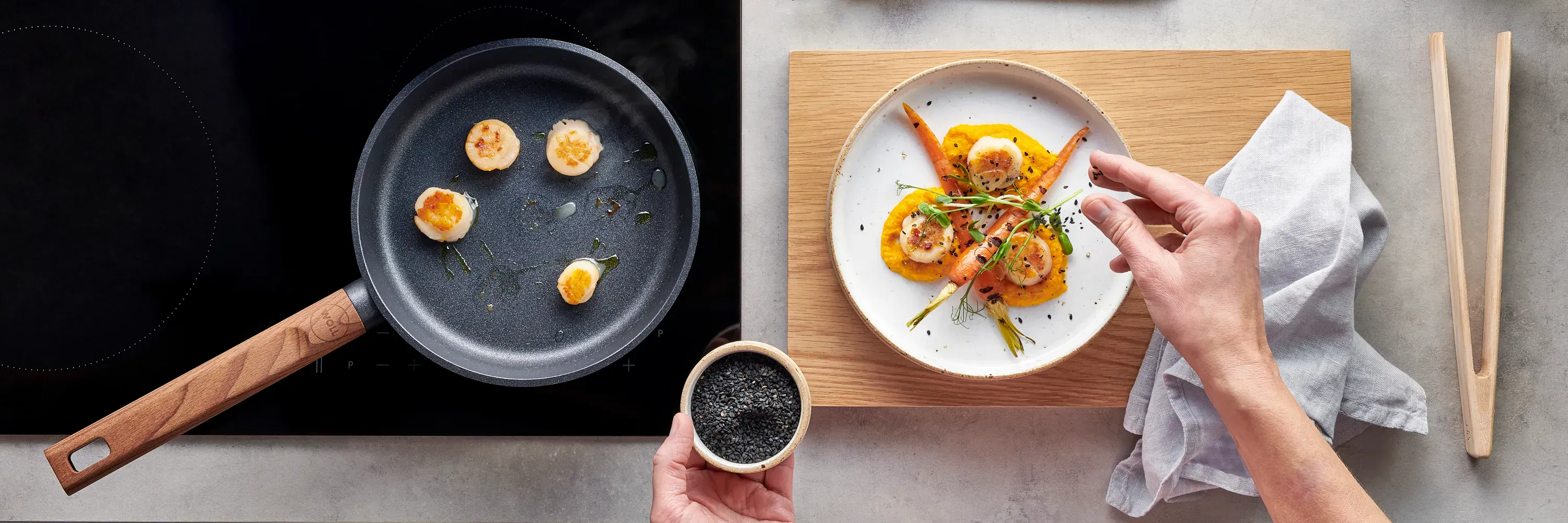
HOW TO KEEP YOUR PAN IN TOP CONDITION!
How to avoid overheating your pan and protect its coating
(Tips for handling aluminium cookware from WOLL)
All our pans are designed so that, if handled correctly, they can become your long-term, daily companion in the kitchen. However, despite the highest quality, the lifespan of your pan depends on its handling - and can be significantly shortened by incorrect use. One of the most common causes of a damaged pan is overheating. In this video, we show you how to avoid this and protect your pan - so you can enjoy it for a long time.
Booster function on induction hobs
The booster function of induction hobs is extremely powerful and should not be used for normal cooking. It is mainly intended to heat water quickly. If you use this function for cooking, your pan can quickly overheat and become damaged.
Heat the pan correctly
We recommend heating the pan on a medium to high heat for 1 minute. As soon as the pan has reached the desired temperature, you can turn down the heat, as our cookware retains heat very well. This prevents overheating and protects the non-stick coating.
Oil burns if heated too high
If you heat your pan to too high a temperature and add oil, the oil can burn. This leads to an unpleasant odour and taste and leaves stubborn residues in the pan that are difficult to remove. Different oils have different smoke points, which means that they start to smoke and burn at different temperatures. Not every oil is suitable for frying: Make sure you choose an oil with a high smoke point if you are frying at high temperatures.
2. Food burns despite non-stick coating
Even with non-stick pans, food can burn if the temperature is too high. This can not only ruin your dish but also damage the non-stick coating. Burnt food leaves behind residues that impair the pan's non-stick properties.
3. Permanent overheating leads to tar resins
A constantly overheated pan will be damaged over time by burnt oil and food residue. These residues turn into tar resins that settle on the surface. These tar resins are difficult to remove, significantly impairing the pan's non-stick properties. Over time, they can even destroy the coating.
Protect your pan
To protect your pan, always heat it slowly and avoid excessively high temperatures. Only use heat-resistant oils, and do not overheat food. Clean your pan regularly and thoroughly with washing-up liquid to avoid residues. With the right care and handling, you can extend the life of your pan and always achieve optimum cooking results.


